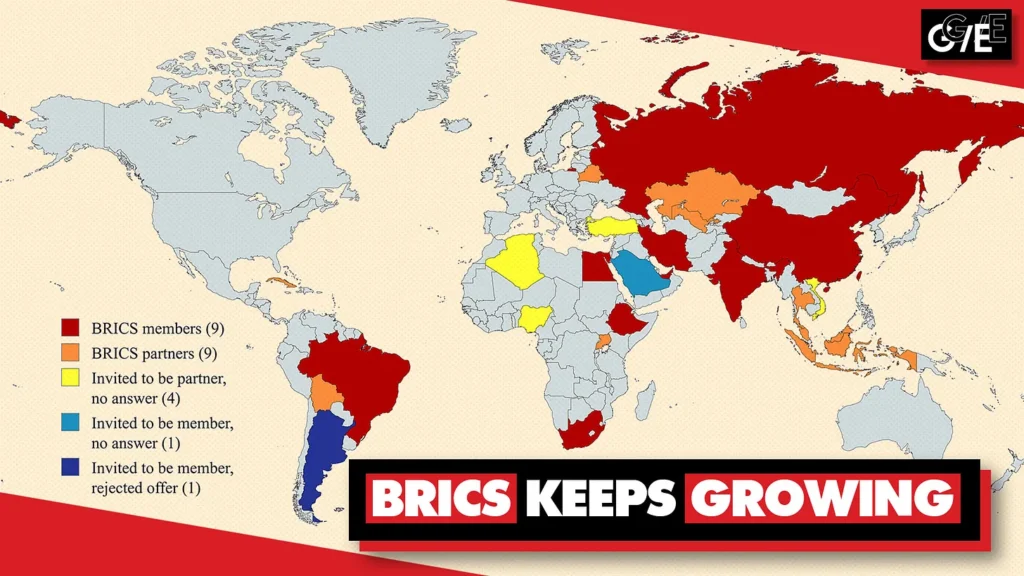Should European citizens be expected to finance the ambitions of the state with their personal savings? Under Ursula von der Leyen’s leadership, the European Commission has unveiled a strategy that effectively calls on individuals to become investors in the Union’s geopolitical and digital future. But behind the polished rhetoric of “strategic goals” lies a troubling question: is Brussels crossing a line between governance and appropriation?
Why is the EU diverting attention from conventional public investments such as healthcare, education, and social security toward funding military capabilities, surveillance infrastructure, and information control mechanisms? Is this truly about securing Europe’s future, or about consolidating power within a centralized bureaucratic elite?
What safeguards exist to ensure transparency and accountability in this unprecedented redirection of private capital? Can a supranational body that often faces criticism for its democratic deficit be trusted with the retirement savings and financial security of ordinary Europeans?
Are citizens genuinely being offered a stake in Europe’s progress, or are they being subtly coerced into underwriting a political agenda that prioritizes global influence over domestic stability? And if so, what precedent does this set for future economic policy where state ambitions take priority over individual autonomy?
Ultimately, is this an evolution of European solidarity or a quiet erosion of financial freedom masked by strategic terminology? As Brussels seeks to rebrand citizens as shareholders in its vision, the line between voluntary investment and political imposition becomes dangerously blurred.



